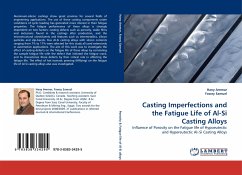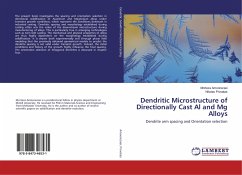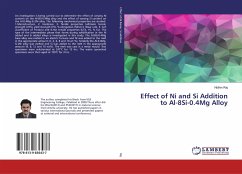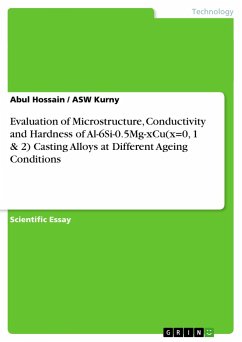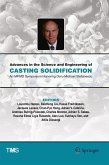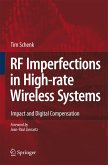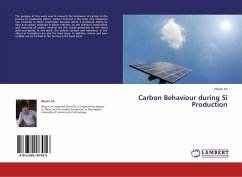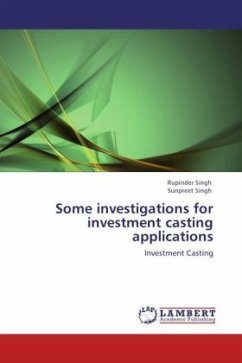Aluminum-silicon castings show great promise for several fields of engineering applications. The use of these casting components under conditions of cyclic loading has generated more interest in their fatigue properties. The fatigue performance of these alloys is strongly dependent on two factors: casting defects such as porosity, oxide films and inclusions found in the castings after production, and the microstructural constituents and features such as intermetallics, silicon particles and slip-bands. Five Al-Si casting alloys with silicon contents ranging from 7% to 17% were selected for this study all used extensively in automotive applications. The aim of this work was to investigate the effect of casting defects on the fatigue life of these alloys by correlating the sample fatigue life with the defect that initiated the fatigue crack, and to characterize these defects by their critical role in affecting the fatigue life. The effect of hot isostatic pressing (HIPping) on the fatigue life of Al-Si casting alloys also was investigated.
Bitte wählen Sie Ihr Anliegen aus.
Rechnungen
Retourenschein anfordern
Bestellstatus
Storno

